Introduction: How to Stay Healthy While Traveling in Central America
As a seasoned traveler, I have had my fair share of travel-related illnesses. From food poisoning to mosquito-borne diseases, I have experienced it all. However, my most memorable experience was during a trip to Central America, where I contracted a severe case of traveler’s diarrhea.
Being sick while traveling can ruin your trip and make it difficult to enjoy the local culture and activities. That’s why it’s important to take preventative measures to avoid common travel-related illnesses.
Common Travel-Related Illnesses in Central America
Central America is a beautiful destination with a rich culture and history. However, it is also known for its high rates of infectious diseases, such as:
- Traveler’s diarrhea
- Dengue fever
- Zika virus
- Chikungunya
These illnesses are often transmitted through contaminated food and water, mosquito bites, and close contact with infected individuals.
Tips for Staying Healthy While Traveling in Central America
Fortunately, there are several steps you can take to avoid these illnesses and stay healthy while traveling in Central America. These include:
- Drinking bottled water and avoiding ice and tap water
- Eating well-cooked and hot food
- Using insect repellent and wearing protective clothing
- Getting vaccinated before your trip
- Washing your hands frequently
By following these tips and taking other preventative measures, you can reduce your risk of getting sick and enjoy a safe and healthy trip to Central America.
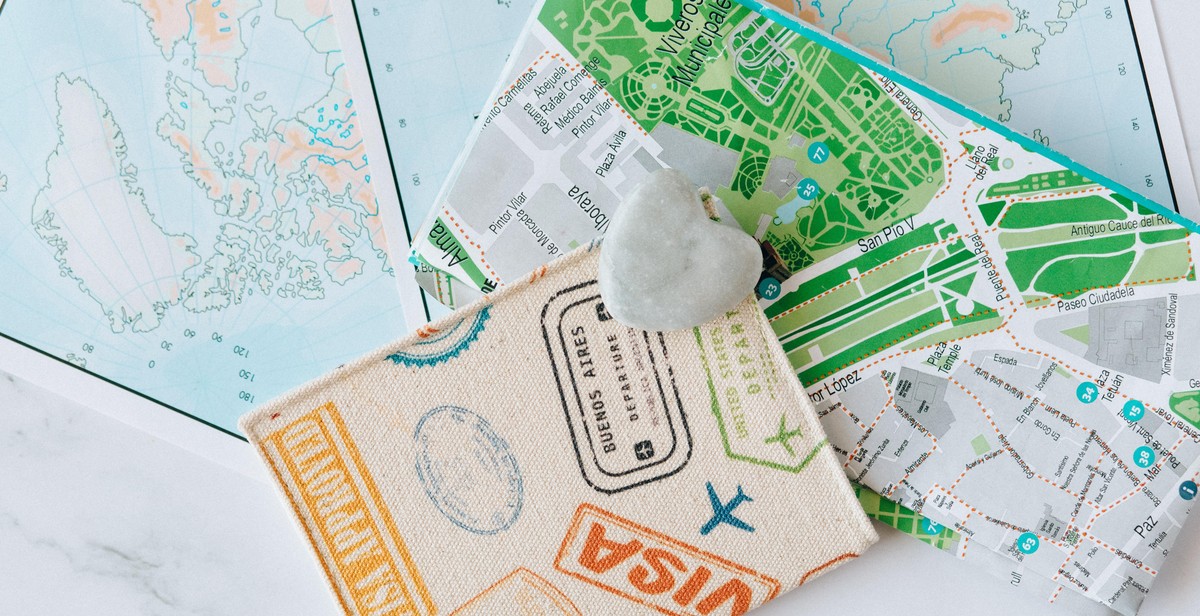
Research Your Destination
Before embarking on your trip to Central America, it’s important to research the health risks of your destination. Different regions have varying risks of diseases and illnesses, and it’s essential to know what you might encounter to take the appropriate preventative measures.
Understanding the Health Risks of Your Destination
Central America is known for its tropical climate, which creates a breeding ground for mosquitoes that carry diseases like malaria, dengue fever, and Zika virus. Additionally, contaminated food and water can lead to illnesses like traveler’s diarrhea, cholera, and hepatitis A.
It’s crucial to research the health risks of the specific countries and regions you plan to visit. The Centers for Disease Control and Prevention (CDC) provides up-to-date information on travel health notices and recommendations for each country.
Vaccinations and Medications
Consult with your doctor or a travel health specialist at least six weeks before your trip to Central America. They will recommend necessary vaccinations and medications based on your destination, activities, and medical history.
Common vaccinations for Central America include hepatitis A and B, typhoid, yellow fever, and rabies. Additionally, antimalarial medication may be recommended for certain regions.
Be sure to pack a travel health kit with essential medications like pain relievers, anti-diarrheal medication, and insect repellent. It’s also crucial to bring enough prescription medication for the duration of your trip.
| Tip: | Store medications in their original containers and carry a copy of your prescription in case you need a refill while traveling. |
|---|
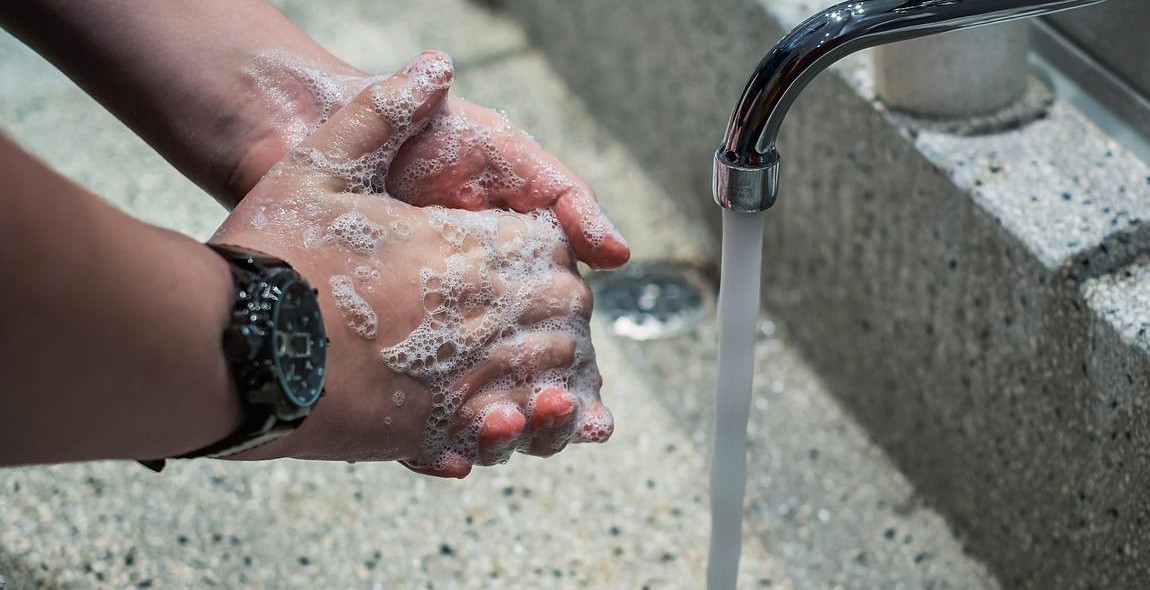
2. Practice Good Hygiene
One of the most effective ways to stay healthy while traveling to Central America is by practicing good hygiene. Here are some essential tips to keep in mind:
Wash Your Hands Frequently
Washing your hands frequently with soap and water is one of the most basic and effective ways to prevent the spread of germs and infections. Make sure to wash your hands:
- Before eating or preparing food
- After using the restroom
- After coughing, sneezing, or blowing your nose
- After handling money or touching public surfaces
Avoid Touching Your Face
Touching your face can transfer germs and bacteria from your hands to your mouth, nose, and eyes. Try to avoid touching your face as much as possible, especially if you haven’t washed your hands recently.
Use Hand Sanitizer
If you don’t have access to soap and water, use a hand sanitizer that contains at least 60% alcohol. Apply a dime-sized amount to your hands and rub them together until they are dry.
| Tip: | Carry a small bottle of hand sanitizer with you at all times. |
|---|
By following these simple hygiene tips, you can greatly reduce your risk of getting sick while traveling in Central America.
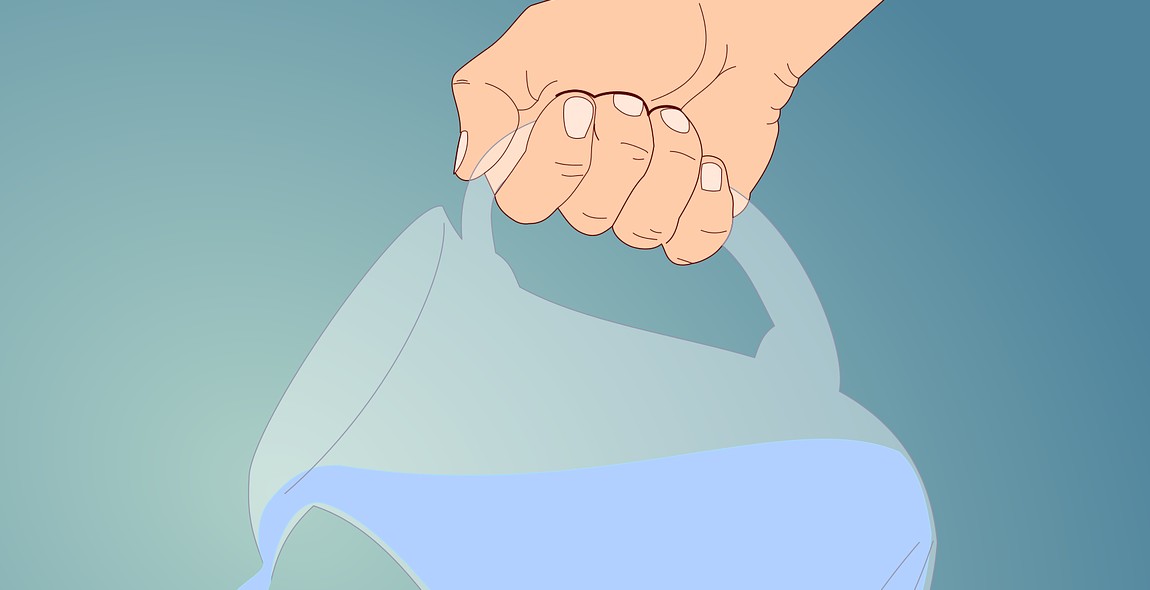
3. Stay Hydrated
One of the most important things to do while traveling in Central America is to stay hydrated. The hot and humid weather can make you sweat a lot, which can lead to dehydration. Dehydration can cause fatigue, headaches, and other health problems.
Drink Plenty of Water
Make sure to drink plenty of water throughout the day. Carry a reusable water bottle with you and refill it whenever you get the chance. Drink water before you feel thirsty, as thirst is a sign that you are already dehydrated. If you are unsure about the quality of tap water, buy bottled water or use a water purification system.
Avoid Alcohol and Caffeine
While it may be tempting to drink alcohol and caffeinated beverages while on vacation, it is important to limit your consumption. Alcohol and caffeine can dehydrate you and make it harder for your body to retain water. If you do drink alcohol or caffeinated beverages, make sure to drink plenty of water as well.
Conclusion
Staying hydrated is crucial for staying healthy while traveling in Central America. Drink plenty of water, avoid alcohol and caffeine, and listen to your body’s signals to make sure you stay hydrated throughout your trip.

4. Eat Healthy
Staying healthy while traveling in Central America is of utmost importance. One of the best ways to ensure you stay healthy is by eating well. Here are some tips on how to eat healthy while traveling:
Choose Fresh, Local Foods
When dining out, opt for fresh, local produce and meats. These foods are less likely to be contaminated and are often more flavorful. Be sure to ask your server about the ingredients and preparation methods to ensure you are making the best choices for your health.
Avoid Street Food
While street food can be tempting, it can also be risky. The food may not be prepared in a clean environment and may not be properly cooked. If you do choose to indulge in street food, make sure it is cooked thoroughly and served piping hot.
Bring Your Own Snacks
Bringing your own snacks is a great way to ensure you always have healthy options on hand. Pack fresh fruits, vegetables, nuts, and seeds to snack on throughout the day. This will help you avoid unhealthy snacks and keep your energy levels up.
| Eat This | Avoid This |
|---|---|
| Fresh fruits and vegetables | Processed and packaged foods |
| Lean proteins | Fried foods |
| Whole grains | Refined carbohydrates |
By following these tips, you can enjoy your travels in Central America while still maintaining a healthy diet. Remember to always prioritize your health and make informed choices when it comes to food.
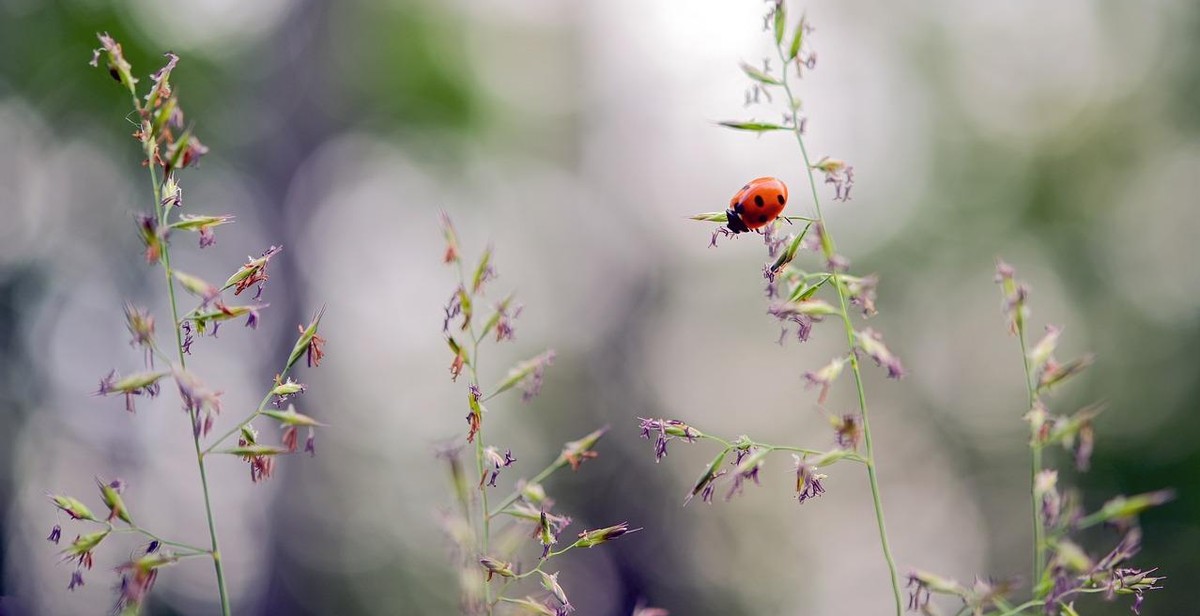
5. Protect Yourself from Insects
Central America is known for its diverse and beautiful wildlife, but it also means that insects are prevalent and can carry diseases. Protecting yourself from insect bites is crucial to avoiding illnesses such as malaria, dengue fever, and Zika virus. Here are some tips:
Use Insect Repellent
Apply insect repellent with at least 20% DEET to exposed skin. Reapply as needed, especially after swimming or sweating. You can also use permethrin-treated clothing or gear to repel insects.
Wear Protective Clothing
Wear long-sleeved shirts, pants, and closed-toe shoes when possible. Avoid wearing bright colors or floral patterns, which can attract insects.
Stay in Air-Conditioned Accommodations
Insects are less likely to enter air-conditioned rooms, so choose accommodations with air conditioning. If air conditioning is not available, use mosquito nets around your bed to prevent bites while you sleep.
| Disease | Vector | Symptoms |
|---|---|---|
| Malaria | Mosquito | Fever, chills, flu-like symptoms |
| Dengue Fever | Mosquito | Fever, headache, muscle and joint pain, rash |
| Zika Virus | Mosquito | Fever, rash, joint pain, red eyes |
By taking these precautions, you can protect yourself from insect bites and reduce your risk of contracting insect-borne diseases while traveling in Central America.

6. Take Care of Your Mental Health
Traveling can be exciting and adventurous, but it can also be stressful and overwhelming. It’s important to take care of your mental health while on the road to avoid burnout and exhaustion.
Stay Connected with Loved Ones
One way to take care of your mental health while traveling is to stay connected with loved ones back home. Make sure to schedule regular check-ins with family and friends via video chat or phone calls. This will not only give you a chance to catch up, but it will also provide a sense of comfort and support while you’re away.
Practice Self-Care
Another important aspect of taking care of your mental health while traveling is practicing self-care. This can include getting enough rest, eating healthy, and taking breaks when needed. It’s also important to engage in activities that bring you joy and relaxation, such as reading a book, practicing yoga, or going for a walk.
- Get enough rest
- Eat healthy
- Take breaks when needed
- Engage in activities that bring you joy and relaxation
By staying connected with loved ones and practicing self-care, you can maintain good mental health while traveling in Central America.
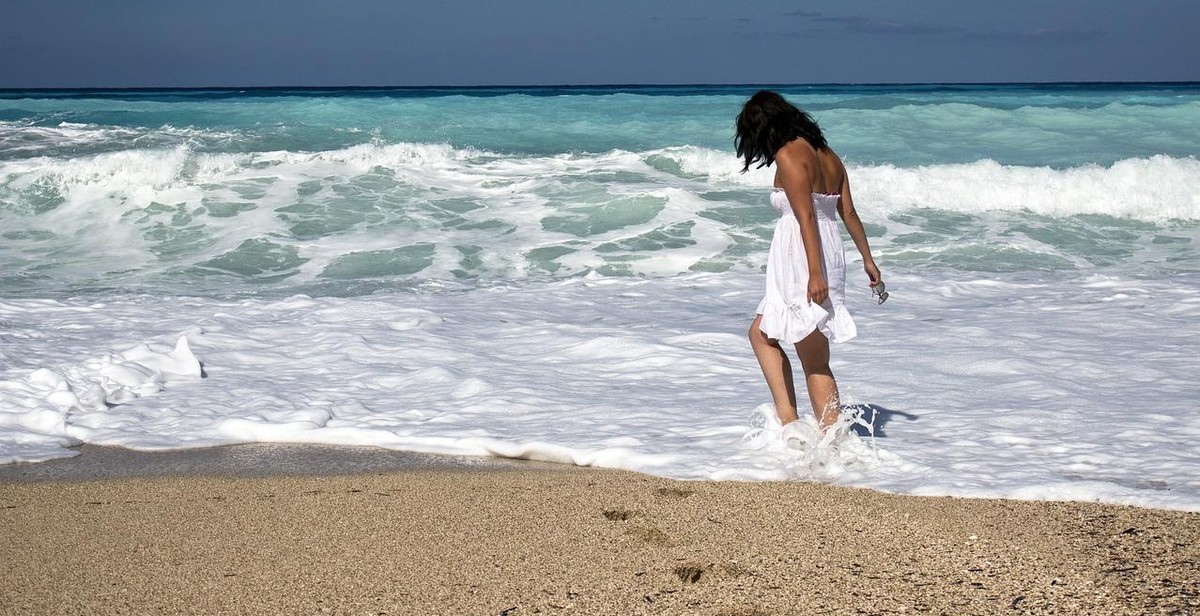
Conclusion
Traveling to Central America can be an exciting and enriching experience. However, it’s important to take precautions to avoid common travel-related illnesses. By following the tips outlined in this article, you can minimize your risk of getting sick and enjoy your travels to the fullest.
Remember to:
- Drink plenty of clean, bottled water
- Eat at reputable restaurants and avoid street food
- Wash your hands frequently
- Protect yourself from mosquito bites
- Get the necessary vaccinations and medications
In addition to these tips, it’s always a good idea to do some research on the specific region you’ll be traveling to and any potential health risks. Consult with your doctor or a travel medicine specialist before your trip to ensure you’re fully prepared.
By taking proactive measures to stay healthy while traveling, you can make the most of your trip and create unforgettable memories. Safe travels!
